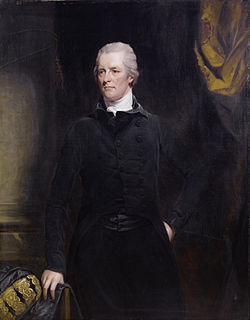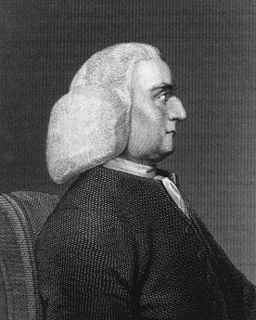A Quote by Bertrand Russell
Reason may be a small force, but it is constant, and works always in one direction, while the forces of unreason destroy one another in futile strife.
Related Quotes
Let people realize clearly that every time they threaten someone or humiliate or unnecessarily hurt or dominate or reject another human being, they become forces for the creation of psychopathology, even if these be small forces. Let them recognize that every person who is kind, helpful, decent, psychologically democratic, affectionate, and warm, is a psychotheraputic force, even though a small one.
The typhoon came out of the sea first as a deep hollow roar. ... I was surrounded by the madness, the unreason, of uncontrolled, undisciplined energy. None of this made any sense. It was worse than useless - it was nature destroying its own creation - its own self. To create by the long process of growth and then to destroy by a fit of wild emotion - was this not madness, was this not unreason?
Hope, and fear. Twin forces that tugged at us first in one direction and then in another, and which was the stronger no one could say. Of the latter we never spoke, but it was always with us. Fear, constant companion of the peasant. Hunger, ever at hand to jog his elbow should he relax. Despair, ready to engulf him should he falter. Fear; fear of the dark future; fear of the sharpness of hunger; fear of the blackness of death.
My hand moves because certain forces--electric, magnetic, or whatever 'nerve-force' may prove to be--are impressed on it by my brain. This nerve-force, stored in the brain, would probably be traceable, if Science were complete, to chemical forces supplied to the brain by the blood, and ultimately derived from the food I eat and the air I breathe.
If every person has the right to defend - even by force - his person, his liberty, and his property, then it follows that a group of men have the right to organize and support a common force to protect these rights constantly. Thus, since an individual cannot lawfully use force against the person, liberty, or property of another individual, then the common force - for the same reason - cannot lawfully be used to destroy the person, liberty, or property of individuals or groups.
Newton's work on gravity led to the discovery of the Lagrange point, a place where opposing forces cancel one another out, and a body may remain at relative rest. This is where I am right now; the forces in my life confound one another. Better, for the moment, to be here and now, without history or future.


































